About Sheppard Pratt Integrated Behavioral Health at GBMC – Hunt Valley
The Hunt Valley branch of Sheppard Pratt Collaborative Care in Hunt Valley, Maryland is located within the Greater Baltimore Medical Center. This branch services clients of GBMC with mental health issues. For substance abuse disorders, they can refer a client to the Baltimore City, Rosedale, or Elkridge locations.
The clinic accepts Medicaid, Medicare, and many major insurance companies. Financial assistance is available for uninsured clients. They are accredited by CARF, Healthy Families America, the Maryland State Department of Education, and The Joint Commission.
Sheppard Pratt Locations Offering Substance Use Treatment
While the Hunt Valley location specializes in mental health care, clients with drug or alcohol addiction have plenty of options within the Sheppard Pratt network.
Rosedale offers addiction services for drug and substance use. Gaithersburg offers a recovery and academic program for Montgomery County youth and provides services for academics and substance abuse issues.
The Baltimore branch offers a male and a female adolescent crisis stabilization inpatient unit for ages 12 through 17. Crisis admission can be voluntary or involuntary. If voluntary, a mental health clinician must have evaluated the patient within 24 hours of admission.
A co-occurring disorders unit for Towson accepts clients ages 18 to 65 for crisis stabilization involving substance use. Detoxification treatment is available and there’s a geropsychiatric inpatient unit for older clients with a mental health diagnosis.
The Elkridge branch includes young adult inpatient units that treat clients ages 18 to 30. They treat substance abuse and co-occurring mental health disorders.
Also offered is a co-occurring disorders unit for Baltimore and Washington for ages 18 to 65 who need detox and crisis stabilization involving substance use.
Mobile Crisis Services
Washington County and Frederick County have access to a mobile crisis unit. The unit will respond when someone is experiencing a crisis, like if you’re having a mental health emergency or are struggling to avoid a relapse. All ages are eligible to receive care.
The Hunt Valley branch is a seven minute walk from the nearest bus stop. Also near the clinic is the Oregon Ridge Park. The park offers an area of reflection and cleansing with nature trails, pavilions, picnic areas, fields, streams, and meadows.
Latest Reviews
Rehab Score
Gallery
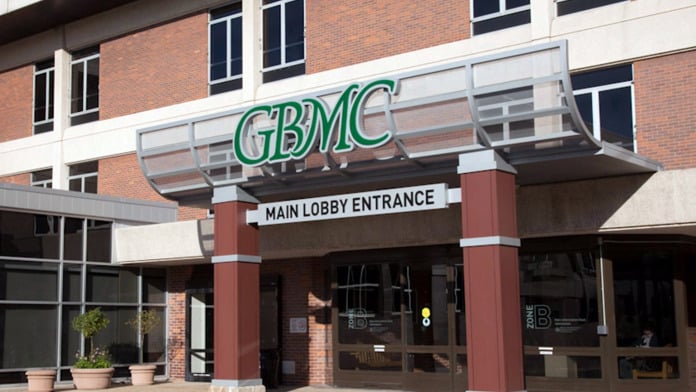
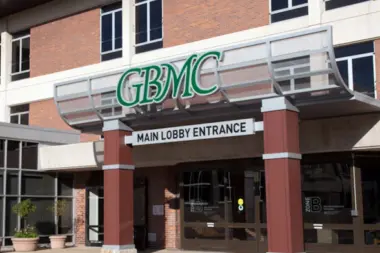
Other Forms of Payment
Medicare is a federal program that provides health insurance for those 65 and older. It also serves people under 65 with chronic and disabling health challenges. To use Medicare for addiction treatment you need to find a program that accepts Medicare and is in network with your plan. Out of pocket costs and preauthorization requirements vary, so always check with your provider.
Private insurance refers to any kind of healthcare coverage that isn't from the state or federal government. This includes individual and family plans offered by an employer or purchased from the Insurance Marketplace. Every plan will have different requirements and out of pocket costs so be sure to get the full details before you start treatment.
Medicaid is a state based program that helps lower-income individuals and families pay for healthcare. Medicaid covers addiction treatment so those enrolled can use their coverage to pay for rehab. When a program accepts Medicaid the client often pays very little or nothing out of their own pocket.
Addiction Treatments
Levels of Care
Outpatient Programs (OP) are for those seeking mental rehab or drug rehab, but who also stay at home every night. The main difference between outpatient treatment (OP) and intensive outpatient treatment (IOP) lies in the amount of hours the patient spends at the facility. Most of the time an outpatient program is designed for someone who has completed an inpatient stay and is looking to continue their growth in recovery. Outpatient is not meant to be the starting point, it is commonly referred to as aftercare.
Treatments
Mental health rehabs focus on helping individuals recover from mental illnesses like bipolar disorder, clinical depression, anxiety disorders, schizophrenia, and more. Mental health professionals at these facilities are trained to understand and treat mental health issues, both in individual and group settings.
Substance rehabs focus on helping individuals recover from substance abuse, including alcohol and drug addiction (both illegal and prescription drugs). They often include the opportunity to engage in both individual as well as group therapy.
Programs
Adult rehab programs include therapies tailored to each client's specific needs, goals, and recovery progress. They are tailored to the specific challenges adult clients may face, including family and work pressures and commitments. From inpatient and residential treatment to various levels of outpatient services, there are many options available. Some facilities also help adults work through co-occurring conditions, like anxiety, that can accompany addiction.
Young adulthood can be an exciting, yet difficult, time of transition. Individuals in their late teens to mid-20s face unique stressors related to school, jobs, families, and social circles, which can lead to a rise in substance use. Rehab centers with dedicated young adult programs will include activities and amenities that cater to this age group, with an emphasis on specialized counseling, peer socialization, and ongoing aftercare.
Clinical Services
Research clearly demonstrates that recovery is far more successful and sustainable when loved ones like family members participate in rehab and substance abuse treatment. Genetic factors may be at play when it comes to drug and alcohol addiction, as well as mental health issues. Family dynamics often play a critical role in addiction triggers, and if properly educated, family members can be a strong source of support when it comes to rehabilitation.
Group therapy is any therapeutic work that happens in a group (not one-on-one). There are a number of different group therapy modalities, including support groups, experiential therapy, psycho-education, and more. Group therapy involves treatment as well as processing interaction between group members.
In individual therapy, a patient meets one-on-one with a trained psychologist or counselor. Therapy is a pivotal part of effective substance abuse treatment, as it often covers root causes of addiction, including challenges faced by the patient in their social, family, and work/school life.
Trauma therapy addresses traumatic incidents from a client's past that are likely affecting their present-day experience. Trauma is often one of the primary triggers and potential causes of addiction, and can stem from child sexual abuse, domestic violence, having a parent with a mental illness, losing one or both parents at a young age, teenage or adult sexual assault, or any number of other factors. The purpose of trauma therapy is to allow a patient to process trauma and move through and past it, with the help of trained and compassionate mental health professionals.
Amenities
-
Private Setting
Staff
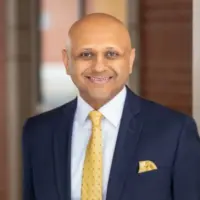
Harsh K. Trivedi, MD, MBA
President & CEO
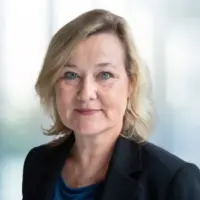
Jennifer Coyne, JD
General Counsel
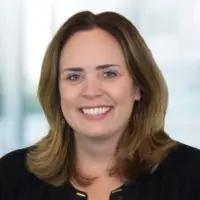
Kathy Flannery, MEd
VP & Chief of Schools
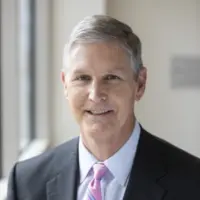
Gregory Gattman, FACHE
VP & COO
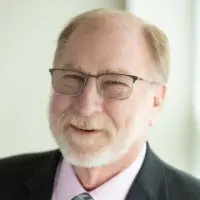
Thomas D. Hess, BA, MEd
Chief of Staff
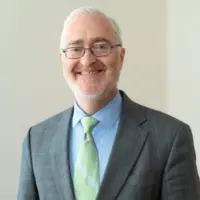
Stephen M. Merz, FACHE
VP & COO for Sheppard Pratt Solutions
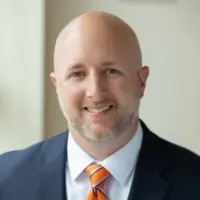
Todd Peters, MD
Senior VP & Chief Medical Officer
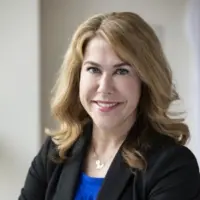
Kelly Savoca, CPA, MBA
Senior VP & CFO
Contact Information
9 Schilling Road Suite 102
Cockeysville, MD 21031